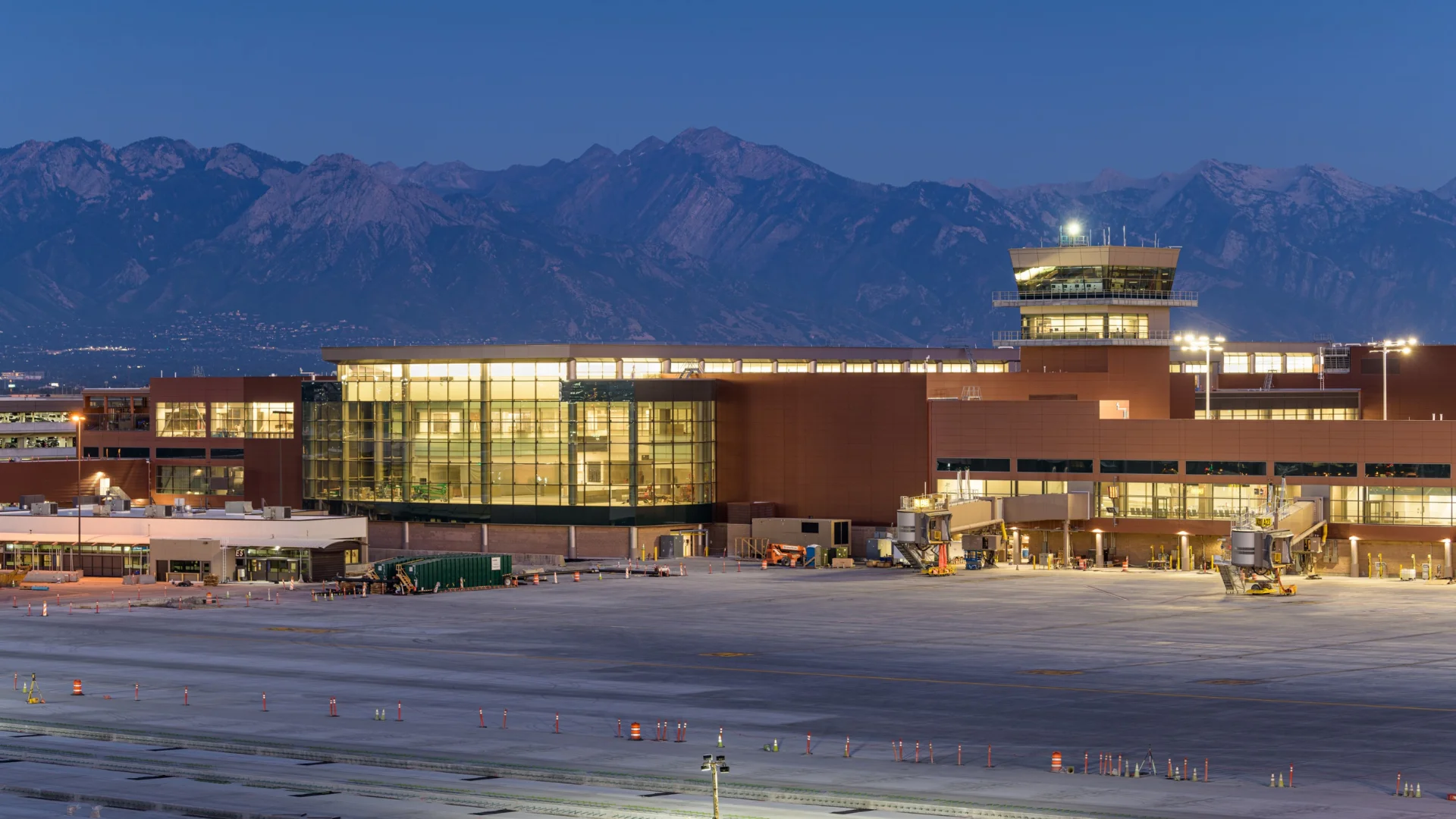The SMYD system calculates the potential for an aircraft stall at a specific angle of attack and alerts pilots if a stall is imminent. In its initial request, Boeing mentioned that the SMYD software did not meet certain United States Code of Federal Regulations (CFR) parts concerning resistance to lightning and High-Intensity Radiated Fields (HIRF).
In September 2023, the FAA granted Boeing's request, allowing an exemption for the SMYD system through March 1, 2027. Boeing argued during this process that model-specific updates were needed for various aspects of the SMYD unit. They also highlighted that while there are minimal software differences between older and newer SMYDs, using newer versions would be safer and more efficient.
Previously in January, Boeing had requested another exemption for all 737 MAX models regarding two CFR parts related to safety features aimed at enhancing system integrity and reducing pilot workload during failures. This request drew criticism from several stakeholders who urged compliance with mandated engineering standards before delivering these models to customers.
According to Boeing, historically, the SMYD has been certified as 'Level B' per RTCA guidance. However, they determined with the FAA that certification should align with 'Design Assurance Level A (DAL A)' guidelines. Despite this determination, current projects do not meet DAL A requirements yet.
While awaiting further response from the FAA regarding these requests, concerns have been raised by organizations such as the Foundation for Aviation Safety and Air Line Pilots Association International (ALPA). These groups argue that neither model meets required engineering standards or DAL A requirements in their current state.
 Alerts Sign-up
Alerts Sign-up









